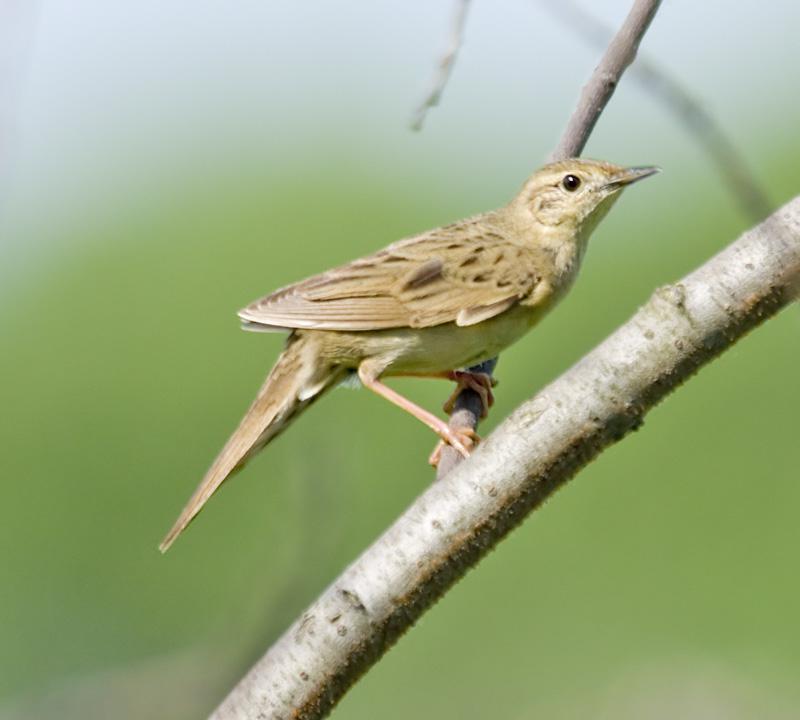The English Riviera
England’s southern coast is well known for its warm summer days and beautiful rolling downs, characteristics which have given it the title of the English Riviera. The county of Devon epitomises this in many ways, offering some fantastic scenery. The south-east region of the county has some great coastline, with one of the most interesting headlands being Berry Head. Berry Head forms the boundary of Tor Bay and lies just to the east of Brixham. It’s recognised as a national nature reserve and is also lucky to be a Site of Special Scientific Interest, due to its importance for the local wildlife.

It’s therefore an excellent place for nature lovers and also harbours a number of other attractions. The headland is the site of an Iron Age hill fort, which was built upon during the Napoleonic Wars by military forces looking to protect the area from invasion. Berry Head Lighthouse is another notable construction on the headland and has been in operation for more than 100 years. These historic sights are combined with an area that is brilliant for walkers, with extensive stretches of coastpath. Take a walk along Berry Head and you can expect to see some picturesque views and a few wildlife highlights to boot.
Insects on the Menu
One of the more unusual British species that can be seen on Berry Head is the Grasshopper Warbler. Having said that, this bird is one which is far more often heard than seen. In fact, as the Grasshopper Warbler tends to be a rather drab bird with brown plumage, the song can be a much more interesting thing to experience. The Warbler family as a whole is well known for its vocal prowess and the Grasshopper Warbler is no different, with a lovely high-pitched call that can often be heard around dawn or dusk. The species is rather shy and tends to spend much of its time lurking in dense vegetation, making it difficult to spot with its camouflage.

Like most warblers, the Grasshopper Warbler is an insectivore and feeds on a wide range of invertebrates. Its diet consists mostly of small insects such as flies, moths and aphids, however it will eat any insect it can catch, sometimes taking larger species such as dragonflies. For such a small bird – measuring only about 13 centimetres in size – it makes an incredibly long annual migration, spending the winter in north Africa. It visits Britain during the summer months to breed. Top tip for spotting Grasshopper Warblers on Berry Head: listen out for their calls emanating from dense areas of vegetation.
Rare Species
With Berry Head being so far south, it can be a good place to spot some rare bird species who happen to drift across the channel from mainland Europe. Endangered Balearic Shearwaters nest off the coast of Spain but sometimes move northwards after breeding, with Berry Head being one of the spots they can be seen. An ever rarer species of Shearwater – the Yelkouan Shearwater – is another that has been spotted in the area, and Berry Head was the first place in the UK to report a sighting of this elusive seabird in 2008. For birdwatchers looking to see some of Britain’s more common seabirds, the cliffs of Berry Head are great for Guillemots and support one of the largest breeding colonies of this bird in the country.
It’s not just birds that can be seen on Berry head. The unique limestone grasslands support a huge diversity of flowering plants such as Orchids, which can bring a splash of colour during the summer months. The rare Greater Horseshoe Bat inhabits caves in one of the headland’s quarries and this animal can be a special sight to see, as it’s incredibly rare in other parts of the country. The sea should not be overlooked by wildlife seekers either, as Fin Whales, Humpback Whales and Pilot Whales have all been seen in recent years. All in all, Berry Head is a fantastic coastal destination, with enough wildlife and scenery to satisfy even the most cultured of outdoor enthusiasts.
